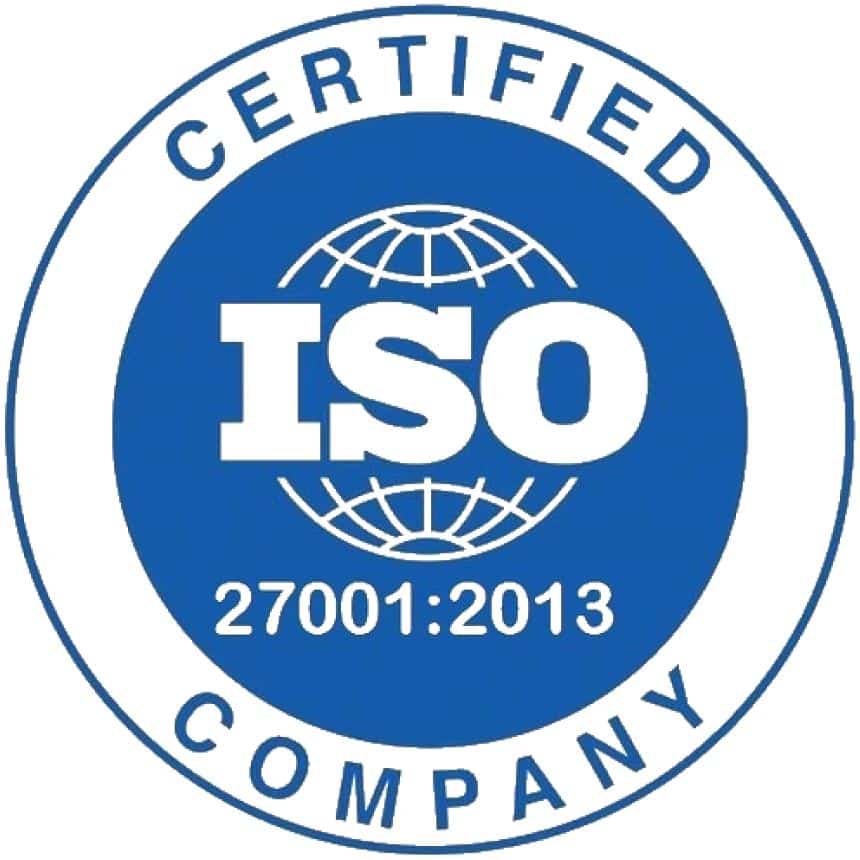
Dedicated Software Development Team
Hire dedicated development team tailored to your needs
Expand your development capacities and augment your team competence with a dedicated software development team. Leverage our experience for your success.
Contact usOur Unique Advantages
Business-oriented approach
With a dedicated team model, you can align your requirements with our technical expertise to deploy customer-centric solutions. However, our dedicated team offers more than just accelerated software delivery. We provide expert advice, fresh perspectives, and honest feedback to develop scalable, intuitive, and evolving software.
Top-tier talents
At Relevant, you can hire dedicated software development team with extensive experience in your domain. Our dedicated developers go beyond just handling tasks and writing code; they focus on delivering value, building solutions, and addressing real-world problems. Additionally, they willingly share their expertise with your in-house staff at no cost, discussing the intricacies of your project.
Faster recruitment
We can help you find the best technical talent faster than hiring in-house developers with relevant experience. Furthermore, we typically provide our clients with our team members' CVs within 72 hours, enabling you to hire dedicated team and begin collaborating with them quickly. That will increase your chances of building a stronger product, raising investments, or getting to the market sooner.
Predictable costs
Hiring dedicated full-time engineers in Relevant offers the opportunity to forecast monthly expenses accurately. This approach eliminates fees associated with office space, workstations, equipment, and paid time off. It is also a cost-effective alternative to hiring in-house specialists, particularly if the team is based in another country.
Flexibility in team size and working hours
We offer you the flexibility to scale your team up or down effortlessly with only a one-month notice, eliminating the hassle of the hiring process. Additionally, you can request part-time professionals for specific tasks involving technologies outside your core tech stack. Regardless of your location, we make sure our schedules have several hours of time overlap for seamless communication.
Exceptional client satisfaction
We are committed to establishing long-term relationships and remaining with our clients as long as necessary, eliminating concerns about knowledge transfer. Our clients highly praise our ability to cultivate robust personal connections while delivering exceptional code quality, resulting in a 9/10 satisfaction score.
Highly experienced team composition
At Relevant, we prioritize recruiting the industry's top talent and focus solely on hiring experienced mid-level and senior engineers. It ensures that your team consists of highly skilled professionals with the necessary expertise to meet the demands of your projects.
Low employee turnover rate
We continuously monitor team morale, offer corporate benefits, organize team-building events, and take measures to enhance team spirit, resulting in a low employee turnover rate of 12%. Our dedicated offshore teams remain with our clients and company for an extended period, ensuring consistency and continuity in all our projects.
DevOps enablement
Our DevOps specialists efficiently build, test, and maintain tech infrastructure utilizing best practices like cloud integration, CI/CD, containerization, DevSecOps, AI/ML, and AI Ops. That helps you deploy new software faster and with fewer failures.
Total security and compliance
Our ISO 9001 certification guarantees that we deliver projects that meet our clients' expectations in terms of quality, timeliness, and budget. We prioritize total security and compliance for our dedicated teams and take special care to protect our customers' data.
The Best Use Cases for Dedicated Development Team Model
Businesses looking to broaden their knowledge and skills
Quickly acquire specialists with diverse knowledge and experience levels.

Companies with strict deadlines
Rapidly expand their IT capabilities by attracting remote professionals.

Startups aiming for rapid growth
Save time on local recruitment by leveraging our offshore managed teams of any size.

Organizations requiring managed offshore IT experts
Maintain control over the development process while steering clear administrative tasks.

Pros of the Dedicated Development Team Model
Cost-Effective Solution
Companies that adopt this model can expect to experience significant cost savings and enhanced project outcomes, making it an attractive option for businesses of all sizes and industries. Relevant Software provides transparent pricing models without hidden costs, providing you with optimal budget solutions.
Hassle-free hiring
By engaging Relevant's dedicated development team, you gain access to skills and talents that might otherwise be challenging to find. We keep a pool of professionals from various fields, allowing you to handpick candidates that best align with your company's values.
Transparent project management
Our outsourced dedicated team works like an in-house team but in a separate office. You have direct control over the team, ensuring seamless daily communication. We also provide a dedicated project manager who keeps you informed about the team's activities and progress, freeing up more of your time to focus on core project areas.
Devoted team embracing your culture
New employees need to understand their mission and contribute to achieving common goals. You can expect the same from us as your outsourcing partner, and our dedicated team is more likely to embrace your culture and actively support your company's success.
Setting up a Dedicated Software Development Team
Requirements gathering:
We will schedule meetings with you to understand your needs and clarify project details and requirements for the dedicated team. Together, we will establish a preliminary work schedule and handle any other organizational aspects. If necessary, we will leverage our experience in developing similar solutions to help define technical candidate requirements.
Talent selection:
Our recruiters meticulously curate a selection of candidates by the agreed-upon requirements. Our HR specialists then thoroughly screen, interview, and filter the chosen candidates, assessing their background, technical abilities, English proficiency, and soft skills. Finally, we present the best-fit candidates for a final interview with you.
Team assembling:
We efficiently assemble your offshore dedicated team based on your requirements and our standards by hiring new experts or transferring them from our other projects. We can involve you in the candidate selection process or handle it entirely. For time-sensitive projects, we offer 1-3 experienced candidates to start immediately.
Team integration:
After finalizing the deal, your new dedicated development team can immediately be added to your project. We can facilitate communication and collaboration between our team and yours by utilizing our proven project management practices. Additionally, our experts can assist your in-house or third-party team in adopting these practices quickly. You will receive regular and detailed sprint reports, allowing you to make any necessary adjustments to your strategy.
The outcome:
Hiring our dedicated software development team gives you the necessary specialists under your full control, much like your in-house team. The only difference is the remote nature of the team and our handling of all administrative tasks.
Let's build something exceptional together. Your journey starts with just one click!

Petro Diakiv
Business Development Manager

Anna Dziuba
VP of Delivery
What to Expect Next?
- Our BizDev managers will reach out within 24 hours to dive deeper into your requirements and discuss your project idea.
- If needed, we'll sign an NDA to ensure your project details are fully protected.
- Our skilled software development experts will provide tailored advice and suggest the best development path.
Success cases
FAQ
To locate a dedicated development team for hire that can assist in executing your technical project (or its technical aspects), consider exploring:
- Freelance platforms, such as Upwork
- B2B portals, like Clutch
- Developer communities, including GitHub or Stack Overflow
- Outstaffing service providers, such as Relevant
A dedicated software development team comprises skilled professionals who work exclusively on a single client's project. Unlike outsourcing, the team solely focuses on the client's project, providing a personalized approach and better results. The team can be in-house or remote, and the client has complete control over the team's work and progress.
Ukraine is one of Europe's top outsourcing destinations. The country boasts powerful software development hubs, with 240 thousand of highly skilled specialists in various fields. It makes Ukraine an ideal for dedicated development team services.
To effectively manage an offshore dedicated team, follow these tips:
- Set clear goals and expectations.
- Establish regular communication channels and project updates.
- Foster collaboration and encourage teamwork.
- Provide necessary resources and support.
- Offer feedback and recognition for achievements.
Our dedicated team model encompasses all the services we provide, including:
- App and web development
- Frontend and backend development
- DevOps
- Digital design
- AI and ML
- Quality assurance
- Cybersecurity
Do you know that we helped 200+ companies build web/mobile apps and scale dev teams?
Let's talk about your engineering needs.
Write to us











